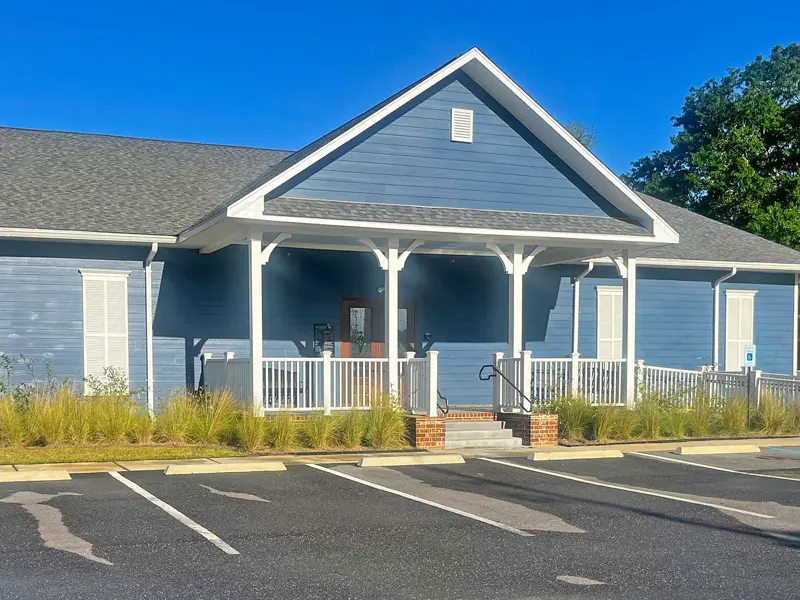Modular Construction: Separating Fact from Fiction

Modular construction has come a long way, yet many myths still persist. Some business owners believe modular buildings are lower quality, lack customization, or won’t hold up over time. The reality? Modular buildings meet (or exceed) traditional construction standards, offer full customization, and save both time and money.
Let’s separate fact from fiction by busting the most common myths about modular construction.
Myth #1: Modular buildings are low quality.
Truth: Modular buildings must meet the same building codes and safety regulations as traditional construction—sometimes even stricter ones.
Because they are constructed in a controlled factory environment, quality control is significantly higher than on a traditional construction site, where delays, weather damage, and human error can compromise quality. The Modular Building Institute (MBI) reports that modular buildings often outperform site-built structures in strength and durability.
Myth #2: Modular buildings are just temporary structures.
Truth: Modular buildings can be temporary or permanent depending on your needs.
While modular construction is often used for temporary office space, classrooms, or medical facilities, it is also a permanent solution for businesses looking for high-quality, long-lasting buildings. Many commercial buildings, hotels, hospitals, and even multi-story office complexes have been built using modular methods—with a lifespan equal to traditional construction.
Myth #3: Modular buildings are all the same.
Truth: Modular buildings are fully customizable and can be tailored to your business needs.
Forget the outdated notion of “cookie-cutter” buildings. Modular construction allows for limitless design flexibility, including custom layouts, branding elements, high-end finishes, and tailored features specific to your industry. Whether you need a specialized healthcare clinic, a modern office space, or a multi-unit industrial facility, modular construction can match your vision.
Myth #4: Modular construction is only for small or temporary projects.
Truth: Major commercial buildings—including hospitals, hotels, and corporate headquarters—are being built using modular construction.
Companies like Marriott and Google have invested heavily in modular construction for multi-million dollar projects. Even large-scale commercial and industrial facilities can be built modularly, offering the same durability and high-end features as traditional construction.
Myth #5: Modular buildings aren’t as durable as traditional construction.
Truth: Modular buildings are designed to withstand transportation, which means they’re built even stronger than most traditional buildings.
Each module is constructed with reinforced steel framing and high-strength materials to endure travel and crane placement. Once installed, modules are welded and connected to create a structure that’s as strong—if not stronger—than site-built structures. Many modular buildings are also constructed with materials rated to withstand hurricane-force winds and remain durable for decades to come.
Myth #6: Modular construction doesn’t save that much money.
Truth: Modular construction can cut costs by up to 30% compared to traditional construction.
Because modules are built off-site in a controlled environment, there’s less waste, fewer labor costs, and fewer unexpected budget overruns due to weather delays or material price fluctuations. According to the MBI, modular projects reduce construction time by up to 50%, which translates to significant cost savings in labor, materials, and overall project expenses.
The Truth About Modular Construction
Modular construction isn’t just a faster, cheaper alternative—it’s a smarter, more efficient way to build without sacrificing quality. With full customization, strict quality control, and significant cost savings, modular buildings are the future of commercial construction.
Ready to explore modular for your next project? Contact Quick Buildings Modular today to discuss how we can help you save time and money while delivering a high-quality, customized building solution.
